One of the persistent stories emanating from the 2016 GOP convention was that the Trump team intervened in the platform discussions to include language more favorable to Russia’s activities in Ukraine than the proposed language. Of course, that fit nicely into the meme of Russian sympathies in the Trump campaign which even in July 2016 were going full-bore thanks to the presence of advisers, like Paul Manafort and Carter Page, who had a history of being on the payroll, directly or indirectly, of the Kremlin.*
Byron York, at the Washington Examiner, takes another look at the story. This is the gist:
Missing from all the talk is what the Republican platform actually said before it was allegedly “gutted” by Trump. What did the original draft of the platform say about Russia and Ukraine? Was it, in fact, changed? If so, how?
As it turns out, a look at the original draft of the platform — which has never been released publicly — shows that it always had tough language on Russian aggression in Ukraine. And not only did that language stay in the final platform — nothing was taken out — it was actually strengthened, not weakened, as a result of events at the convention.
York points out that the original proposed GOP platform is basically the same as the one that later emerged. Let me pullquote the references to Russia and Ukraine (you can follow along with me beginning on page 41):
In the international arena, a weak Administration has invited aggression. The results of the Administration’s unilateral approach to disarmament are already clear: An emboldened China in the South China Sea, a resurgent Russia occupying parts of Ukraine and threatening neighbors from the Baltic to the Caucasus, and an aggressive Islamist terror network in the Middle East. We support maintaining and, if warranted, increasing sanctions, together with our allies, against Russia unless and until Ukraine’s sovereignty and territorial integrity are fully restored. We also support providing appropriate assistance to the armed forces of Ukraine and greater coordination with NATO defense planning. All our adversaries heard the message in the Administration’s cutbacks: America is weaker and retreating.
…
For the people of Russia, we affirm our respect and our determination to maintain a friendship beyond the reach of those who wish to divide us. We have common imperatives: Ending terrorism, combating nuclear proliferation, promoting trade, and more. We also have a common problem: The continuing erosion of personal liberty and fundamental rights under the current officials in the Kremlin. Repressive at home and reckless abroad, their policies imperil the nations which regained their self-determination upon the collapse of the Soviet Union. We will meet the return of Russian belligerence with the same resolve that led to the collapse of the Soviet Union. We will not accept any territorial change in Eastern Europe imposed by force, in Ukraine, Georgia, or elsewhere, and will use all appropriate constitutional measures to bring to justice the practitioners of aggression and assassination.
That doesn’t sound soft on Russia. But the question is: is it softer. Let’s look, hmm?
What was added were two sentences beginning with “For the people of Russia,” and, in the first paragraph, the sentence beginning with “We also support…”
Back to York:
It appears it was unwittingly set in motion by a single Republican delegate, a Texas woman long active in GOP politics named Diana Denman, who proposed to add a couple of paragraphs to the original platform’s position on Ukraine.
Denman wanted more extensive language on Ukraine and that language included:
We also support providing lethal defensive weapons to Ukraine’s armed forces and greater coordination with NATO on defense planning.
York interviewed Denman.
When Denman proposed her amendment, a Trump national security aide named J.D. Gordon, who was in the room, wanted to edit it. According to Denman, Gordon got on the phone, saying he was calling “New York” to discuss the changes.
The end result was that at the behest of the Trump campaign, the platform committee took out of first paragraph of Denman’s amendment altogether. They took out the reference to “lethal defensive weapons.” But they approved her statement of support for maintaining, and possibly increasing, sanctions against Russia, and, in the place of lethal aid, substituted a pledge to provide “appropriate assistance to the armed forces of Ukraine” and to work more closely with NATO…
…
There was never a subcommittee vote on the change. People in the room, speaking anonymously, estimate that perhaps a handful of delegates supported Denman, another small group opposed, and a larger number were neutral, and happy with the compromise. There was no revolt.“The platform ended up tougher than it started, compared from the beginning to the end,” Denman told me, although she added she still believes her lethal aid provision should have been included in the final document.
The final outcome, is seems, was a stronger statement than started, though not one as strong as Denman would have liked. This is hardly a scandal. It is certainly not support of Russia.
In many ways this is exactly what is playing out with the investigation of links between the Trump campaign and Russia. The reality is going to prove to be one helluva lot less interesting than the original story.
*At the time, I posted on the subject and took the easy-on-Russia point of view. When I look back at the original Washington Post article from the viewpoint of now, two things jump out at you. First, that story comports perfectly with York’s narrative. The story states the amendment was the work of Denman and implies, though never actually states, that her amendment had support from the GOP delegates via the headline: Trump campaign guts GOP’s anti-Russia stance on Ukraine. The second thing is that the author is Josh Rogin, a Washington Post reporter who has had two of his major “scoops” on the Trump administration (the alleged walk-out of senior State Department employees and the alleged shouting match between John Kelly and Steve Bannon over Trump’s executive order, proven to be false.)

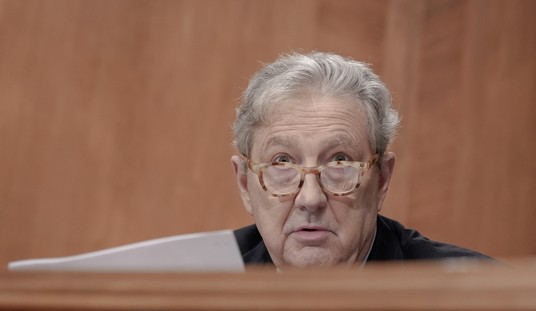



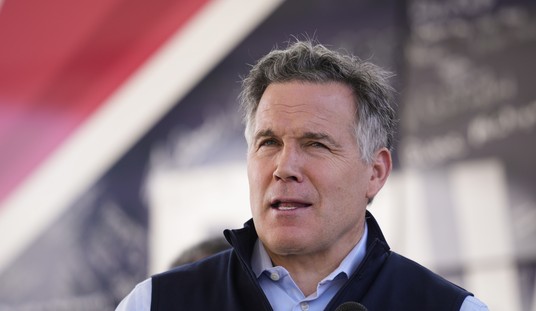
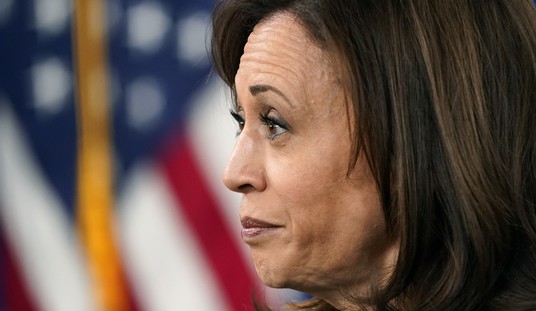



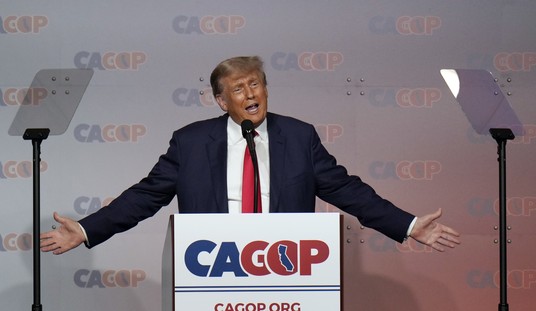
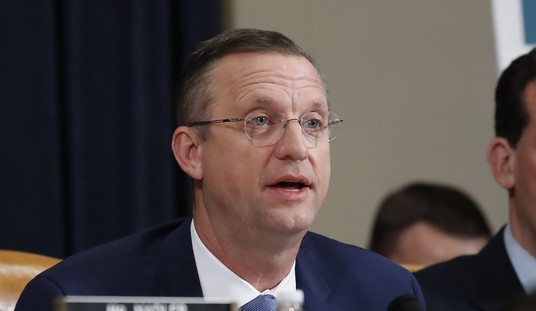

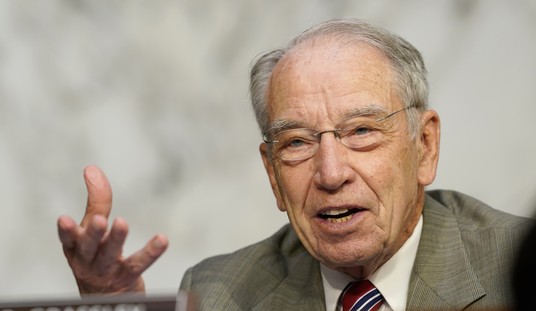
Join the conversation as a VIP Member